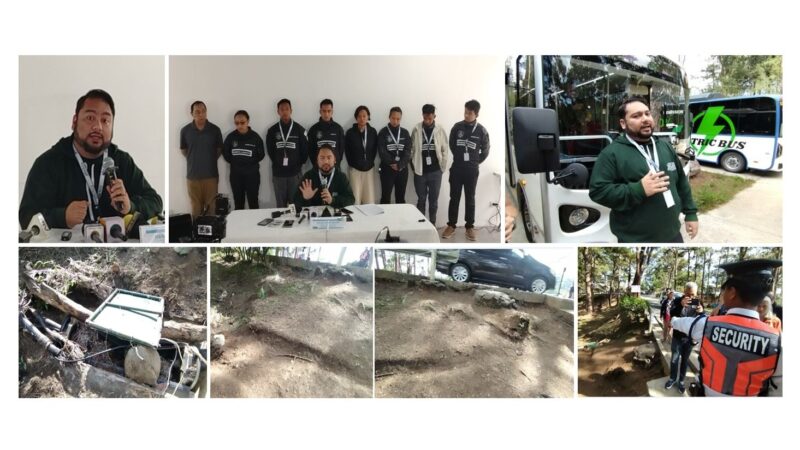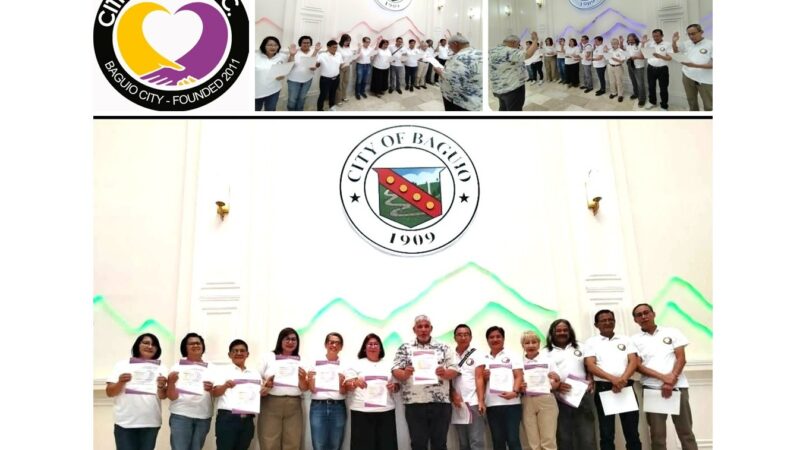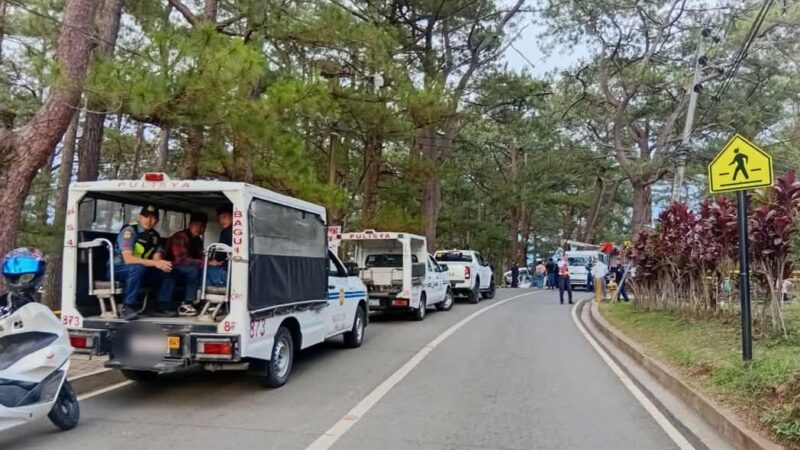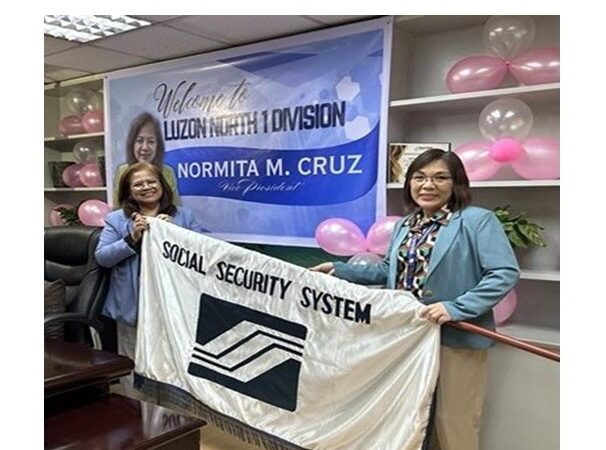CSWDO explains process of domestic child adoption

BAGUIO CITY – City Social Welfare and Development Office (CSWDO) head Liza Bulayungan last Friday, June 20, issued a call for prospective adoptive and foster care parents willing to undergo the process of adopting or being licensed foster care parents.
This was during the forum, in part, for the celebration of the third week of June as Adoptive and Alternative Child Care Week (AACCW) which is anchored on the theme, “Hope and Home For Every Child.”
The forum elicited queries from the attendees composed of teachers, public and private school principals and administrators.
Domestic Administrative Adoption was discussed by Regional Alternative Child Care Office (RACCO) Social Worker III Eartha Rachel Amboni, with emphasis on Republic Act 11642 which is mandated to place eligible Filipino children in the most suitable adoptive families.
The role of the National Authority for Child Care (NACC) was also explained as the one-stop quasi judicial agency on adoption and alternative child care, and attached to the Department of Social Welfare and Development (DSWD).
The NACC acts as the central authority for all alternative child care programs, including domestic and intercountry adoption, and is a new office designed to make adoption simple and less costly, with intentions to prevent the sale, trafficking and abduction of children. Previously, adoptions are done in courts of justice.
Amboni elaborated on the four types of domestic administrative adoption: Regular cases, Stepparent, Relative and Adult adoption.
Adopters could be any Filipino citizen, at least 25 years of age, in possession of full civil capacity and legal rights, 16 years older than the adoptee; a legal guardian; foster parent and Philippine government officials and employees stationed abroad, Amboni said.
Foreign nationals could also adopt, with certain requirements.
A Certificate Declaring a Child Legally Available for Adoption (CDCLAA) is one of the requirements, as with being a relative of the adopter under relevant conditions, or being a marital child of one spouse by the other spouse.
A child whose biological or adoptive parents have died, or whose adoption has been previously rescinded, a non-marital child by a qualified adopter to improve status to legitimacy, and a Filipino of legal age, if prior to the adoption has been consistently considered and treated by adopters as their own child; could be adopted.
The process includes application, pre-adoption seminar, information and assessment of motivation to adopt, facilitation of the undertaking and application forum, examination of supporting documents, and endorsement to the RACCO matching unit.
A matching between the adopter and adoptee is done, followed by the entrustment, supervised trial custody, petition, publication, mandatory appearance, recommendation (for approval or denial of the adoption), review and order of adoption and registration, with the issuance of certificate of finality.
The RACCO has received 6 petitions in 2022, 28 in 2023, and 26 in 2024, Amboni reported.Other topics such as Foster Care Program, Simulated Birth Rectification Act, Civil Registry Documents and process were discussed by other speakers.
Queries on legal adoption are entertained at the RACC Office, 3rd floor, R. E. E. F. bldg. Military Cut-Off, Baguio City or cp # 0961-196-2042. – jgfianza






